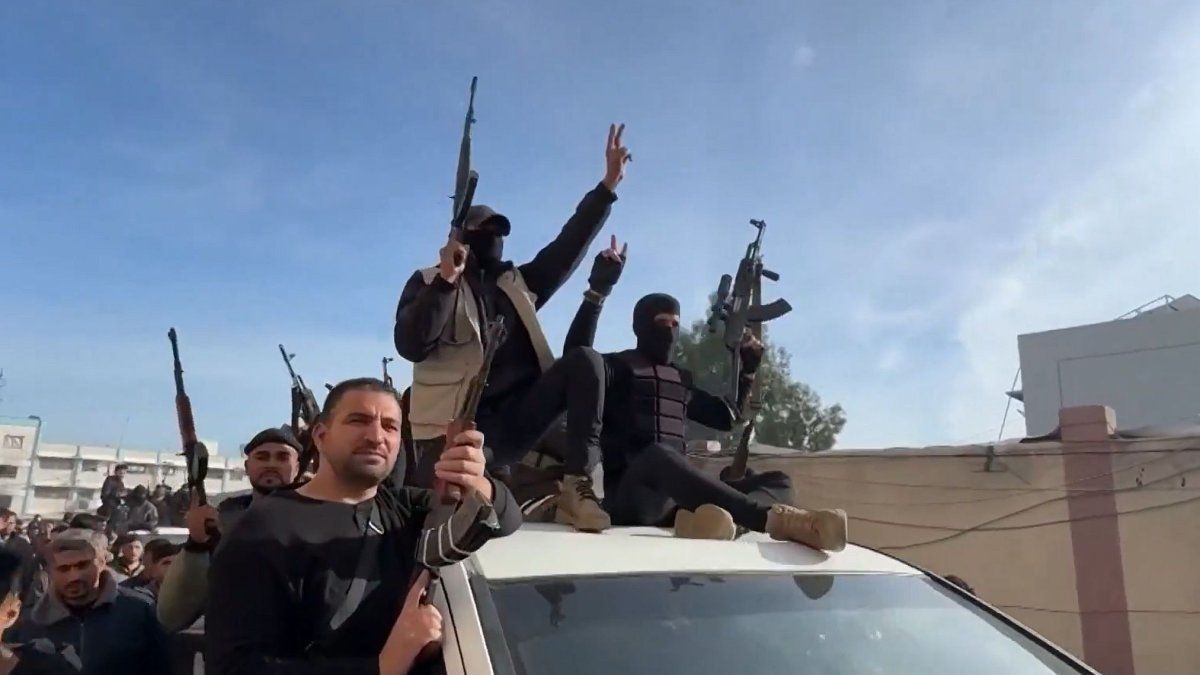Image: (REUTERS)
Both companies had to answer for negligent homicide in court. However, the court was unable to establish “a reliable causal connection” between possible errors and the crash, the judge said on Monday.
The Air France-Flight AF 447 machine was en route on June 1, 2009 Rio caught in a storm front in the French capital and disappeared from radar screens. The Airbus A330 crashed into the Atlantic. 228 people died, including 28 Germans. The cause was unclear for a long time. It was not until May 2011 that the last bodies and the flight data recorder were recovered from a depth of around 4,000 meters.
Crew overwhelmed with the situation?
Airbus was accused of underestimating the consequences of a failure of the pitot probes for speed measurement. These were iced up on the flight. air France is said to have not trained its pilots adequately and prepared them for an extreme situation like the one in the accident flight, according to the indictment.
An expert report had ruled in 2012 that the crew was overwhelmed with the situation after the failure of the pitot probes. In fact, the situation was manageable.
The data from the flight recorders showed that the pilots had reacted incorrectly to warnings about a stall on the wings – known as “stall” in English pilot jargon. This caused the jet to rapidly lose altitude and eventually crash. Contrary to what was to be expected, however, the stall warning fell silent when the speed fell below a certain point, meaning that the aircraft had long since stopped flying and just dropped.
Backgrounds remain unclear
Prosecutors said in their closing arguments it would remain unclear why the pilots acted as they did. “Airbus and air France At the time, they could reasonably believe that the training and procedures should have been sufficient to deal with the situation of the AF 447.” It seemed impossible for them to prove that the company was at fault, the prosecutor said. You could not ask for a conviction. Gans, who is one of around 500 joint plaintiffs in the process, called the plea one-sided.
Airbus and air France, who denied responsibility for the crash, demanded acquittal. The Airbus defense insisted that it only listen to the law and asked that a “humanly difficult but technically and legally justified decision” be made.
Years of legal wrangling
For the bereaved, the trial was a big step. Gans also said that he was very happy that the process even came about. Because the accident was followed by years of legal tug-of-war. In 2019, investigating judges initially dismissed a case. The reasoning at the time: the accident was due to a combination of elements that had never happened before. In 2021, an appeals court sent Airbus and air France then to the dock. Regardless of the verdict, Gans said of the process: “Overall, it was incredibly important.”
Source: Nachrichten




